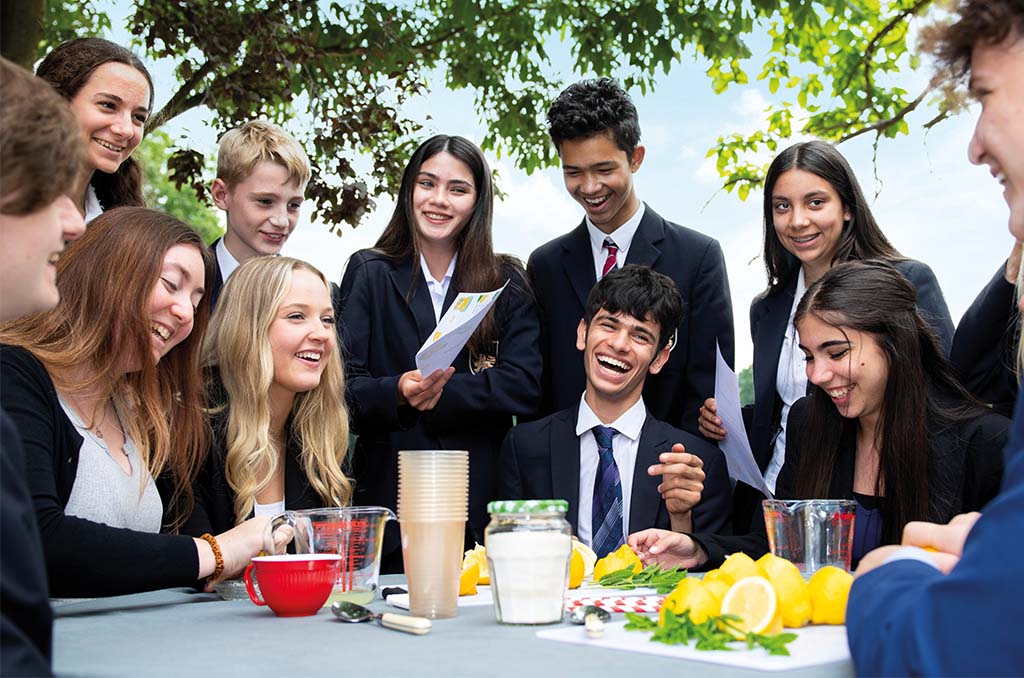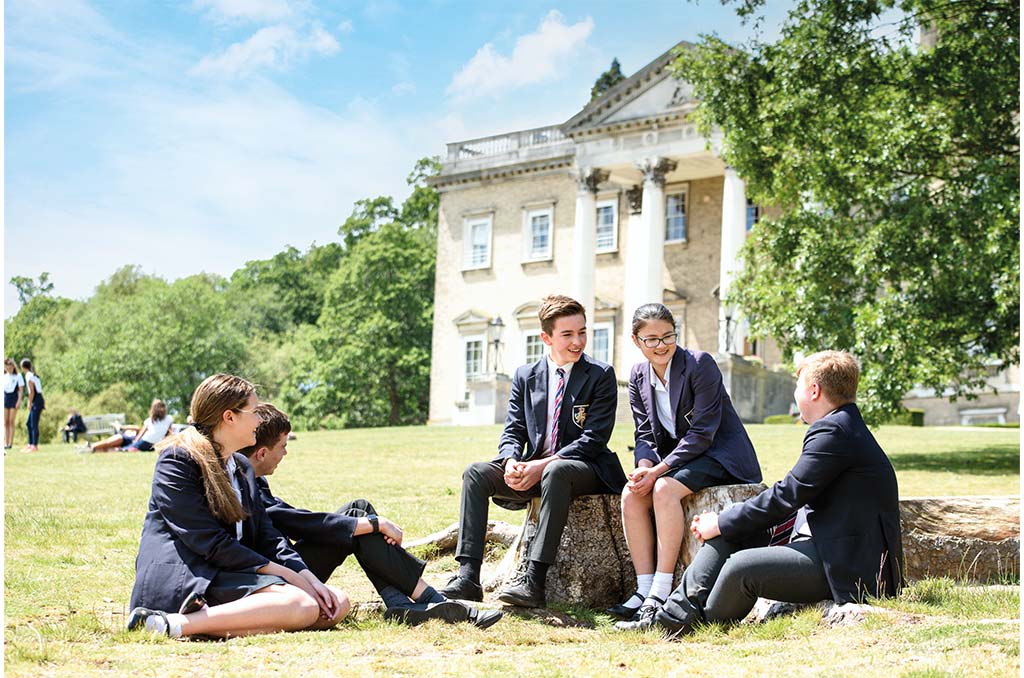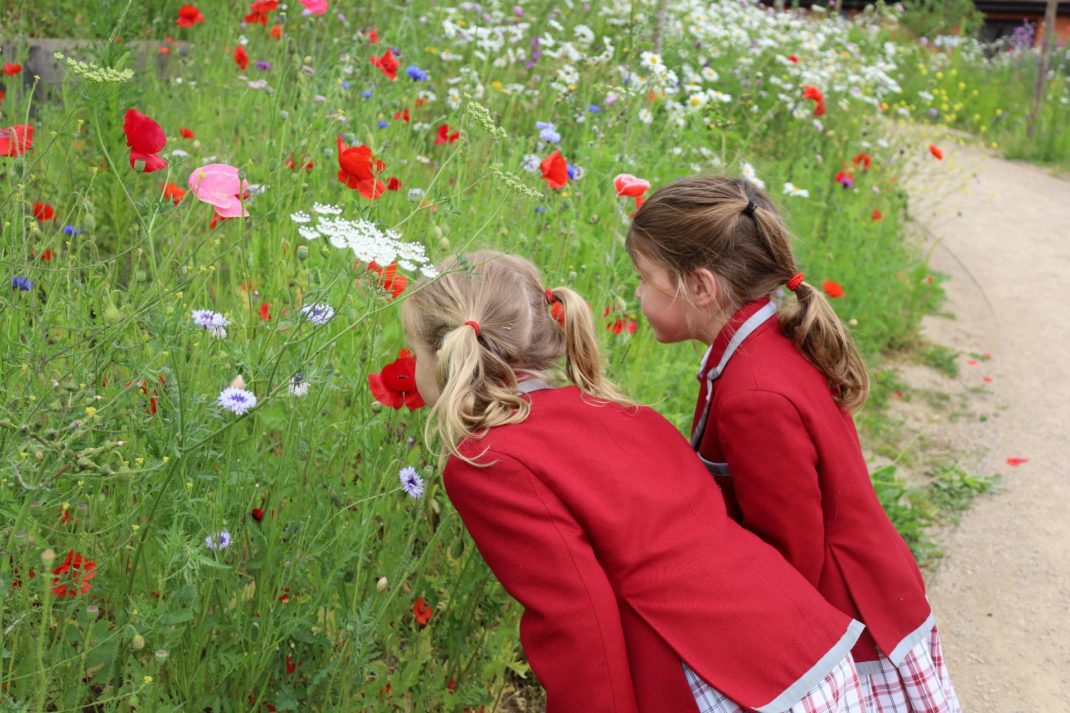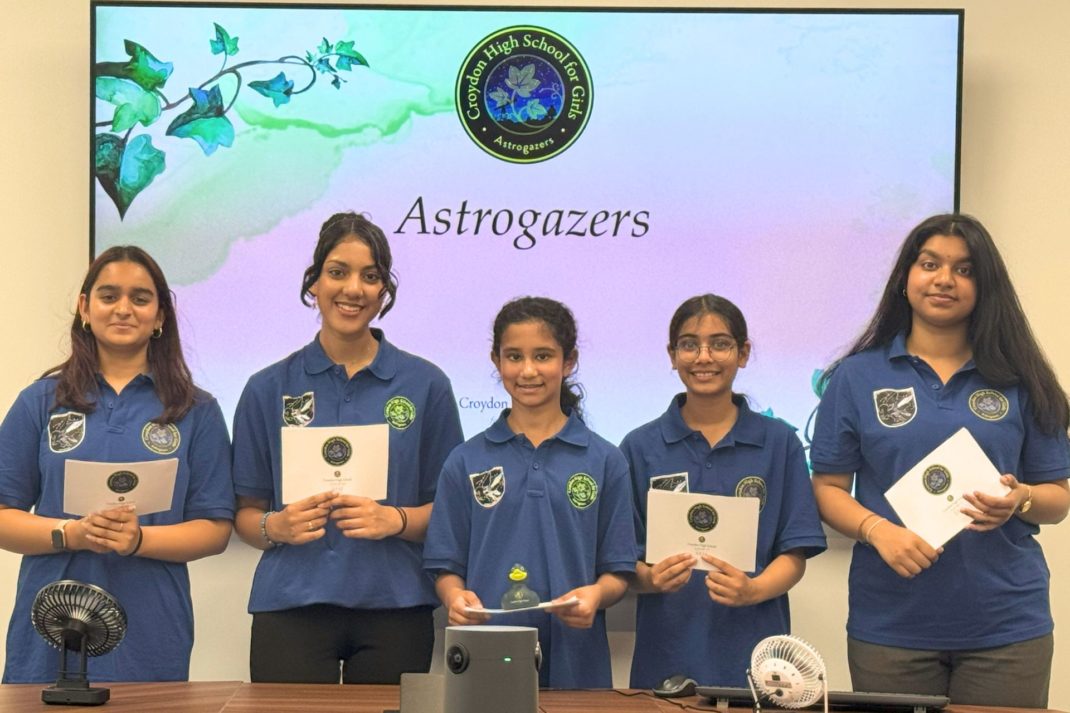H&W: Future Family Focus
By
3 years ago

Vertical tutor families can improve pupil wellbeing, says William Brierly, headmaster at Claremont Fan Court School.

At Claremont Fan Court School, the pastoral heartbeat has always been about teachers knowing pupils as individuals, and students having the security to seek support where needed. However, as many teachers and pupils will relate, form time with a full class of children the same age tends to have an administrative focus. This September, Claremont is excited to be moving to a structure with vertical tutor families, containing a small number of pupils from all year groups, led by a tutor and supported by the head of house.
Vertical tutor groups provide many benefits, the mainstay of which is stronger bonding between tutor and pupil. These heterogeneous groups progress together through the school from the point of joining to entering the sixth form, giving the tutor time to really get to know and understand each individual, offer a higher level of personalised support when needed, and a greater ability to build a close relationship with each child’s parent or carer. Additionally, this central role of the tutor to the lives of the pupils and families of one particular group simplifies communications between home and school.
The set up also allows tutors to become something of an ally and champion for the pupils in their group, looking out for them as well as providing important context for staff who know the pupils less well. Tutors are not only responsible for pastoral wellbeing but also academic progress and co-curricular activity, and it is this holistic approach that ensures each pupil is being encouraged, guided and supported in all areas of school life.

But it’s not just the tutor who is important. The effectiveness of a pastoral group depends upon each of its members looking out for the wellbeing of others. With this in mind, the new structure enables a family dinner-style of interaction between pupils of different years.
That is not to suggest pupils all through the school will chat together as never before, but the very nature of tutor group discussion and breaking down boundaries enables pupils to put themselves in the minds of others and to hear different viewpoints, supporting both the nervous Year 7 child while developing the empathy and mentoring experience of a Year 10 or 11 pupil.
Claremont has always encouraged its older pupils to mentor the younger ones. This might be more experienced children coaching others in sport, setting an example in the school play or simply scooping up a more junior pupil if they look like they have had a tough day. Indeed, in a world of social media, it is easy to assume every child is surrounded by a glut of friends in their classes, but in reality, there are many examples where pupils find common ground with people who are a year younger or older.
The new structure will solidify this with smaller pastoral groups, careful allocation of tutor time, greater chances for parents to know their child’s tutor and a championing of the importance of consistency in pastoral support.
To those who say a shift to a vertical structure is just about slicing a cake differently, forget how the cake is cut – this is about the quality of the gastronomic experience around the school’s family dinner table.
William Brierly is head at Claremont Fan Court.
See Claremont Fan Court’s online listing here.



